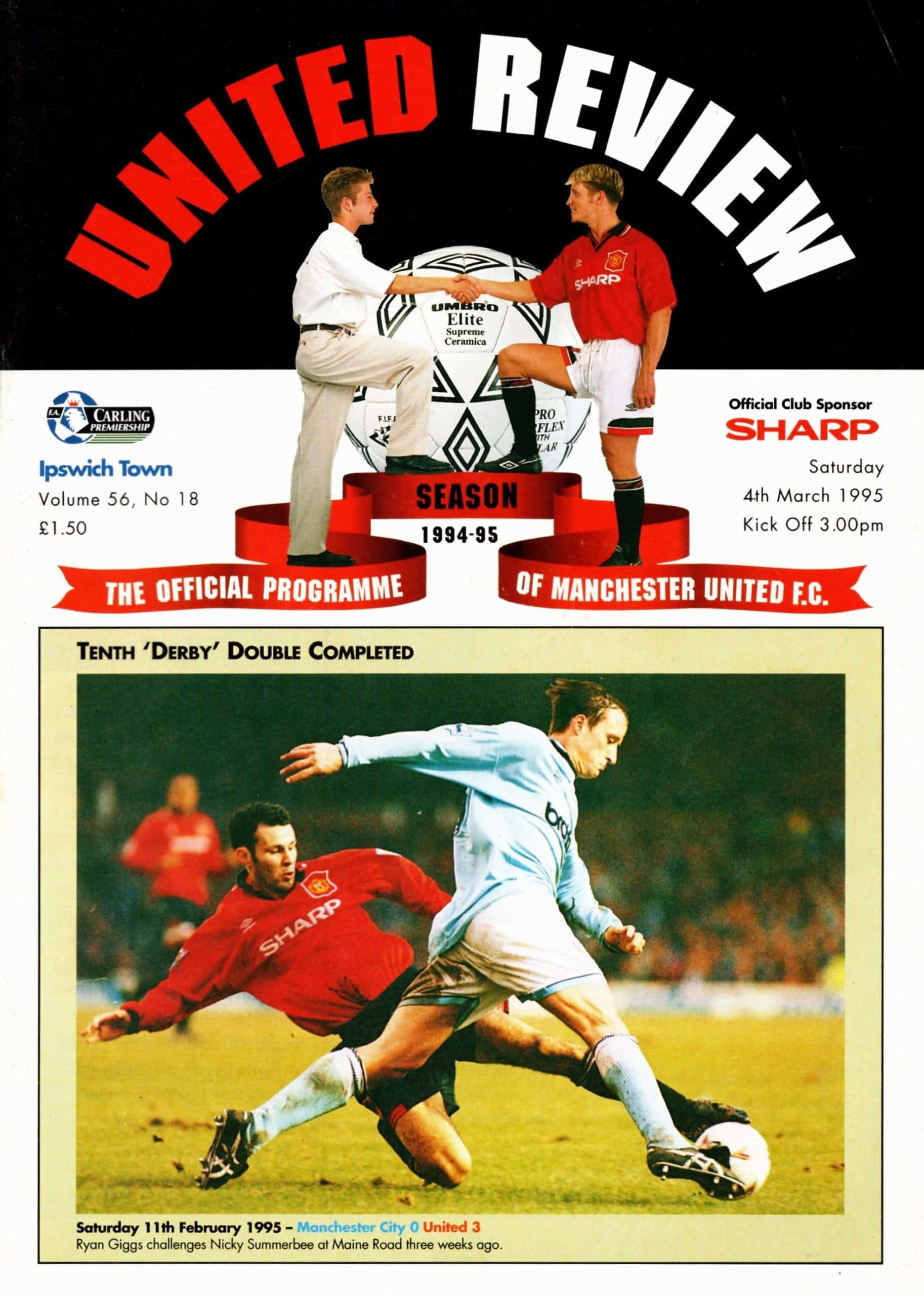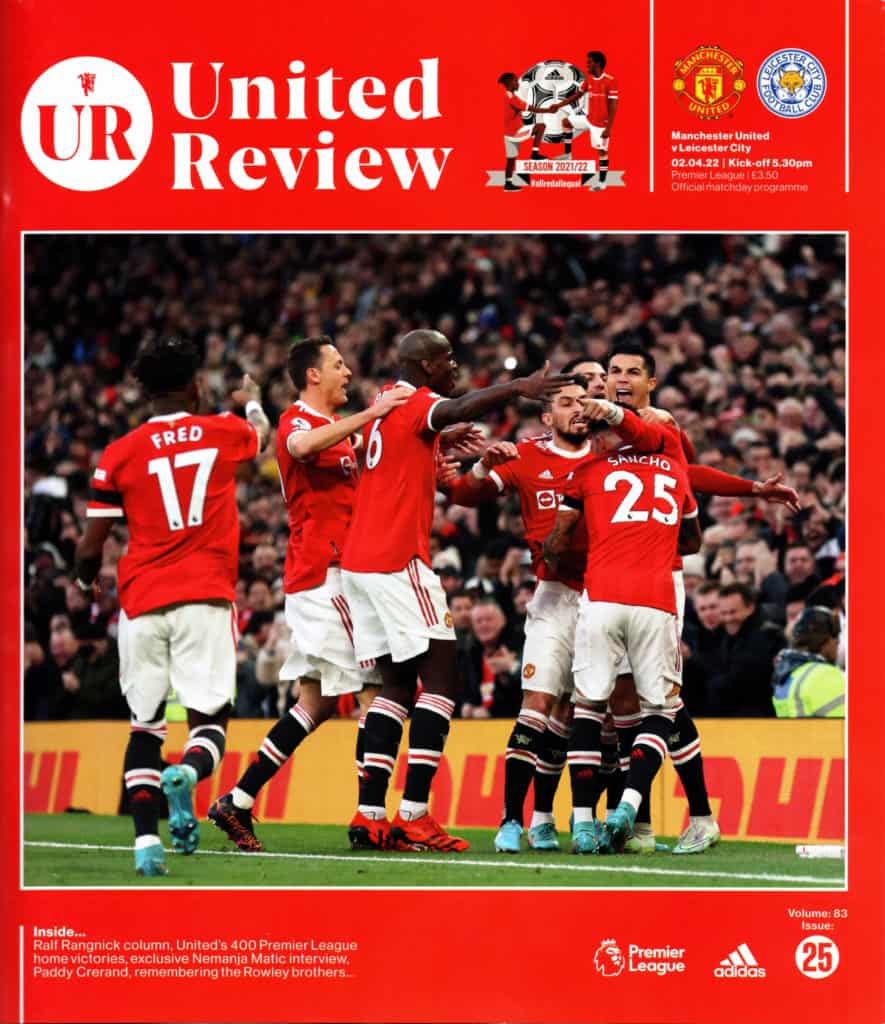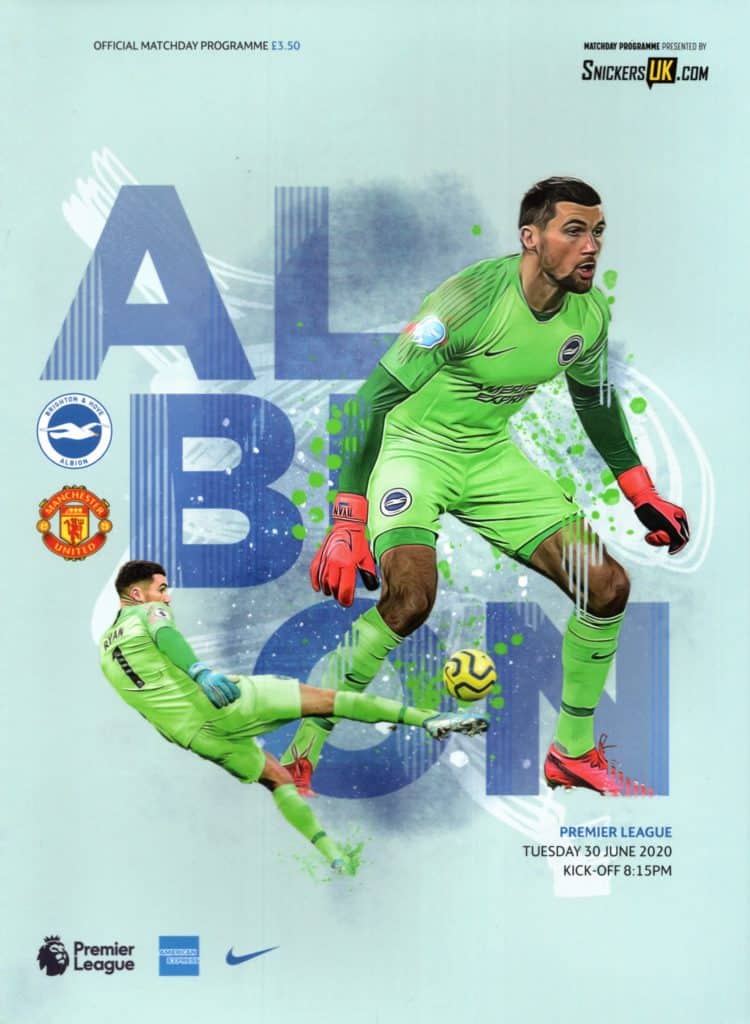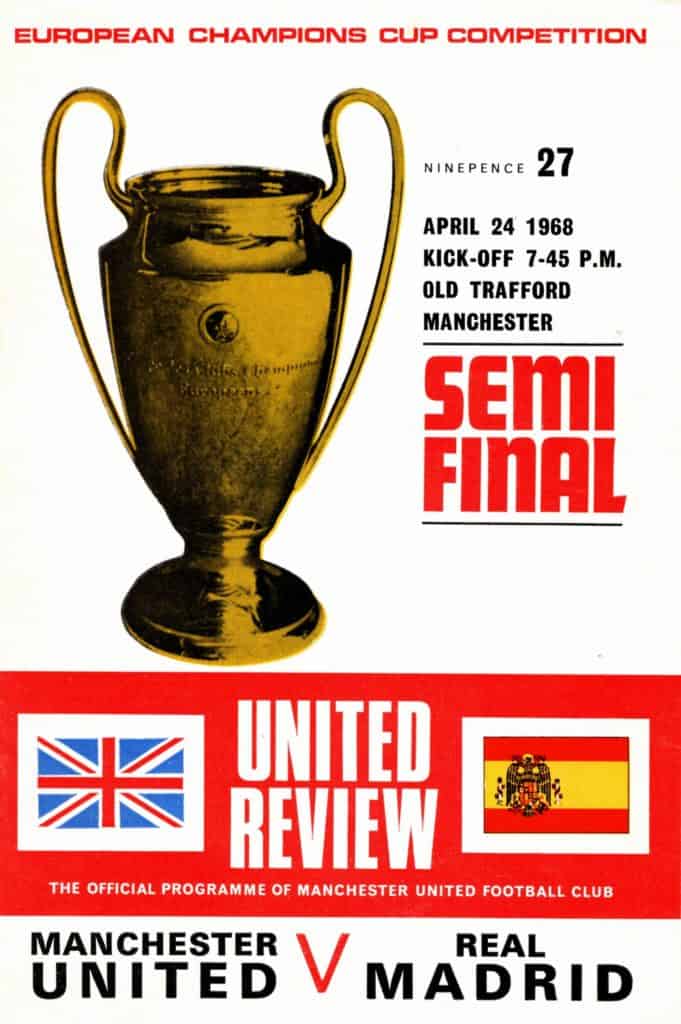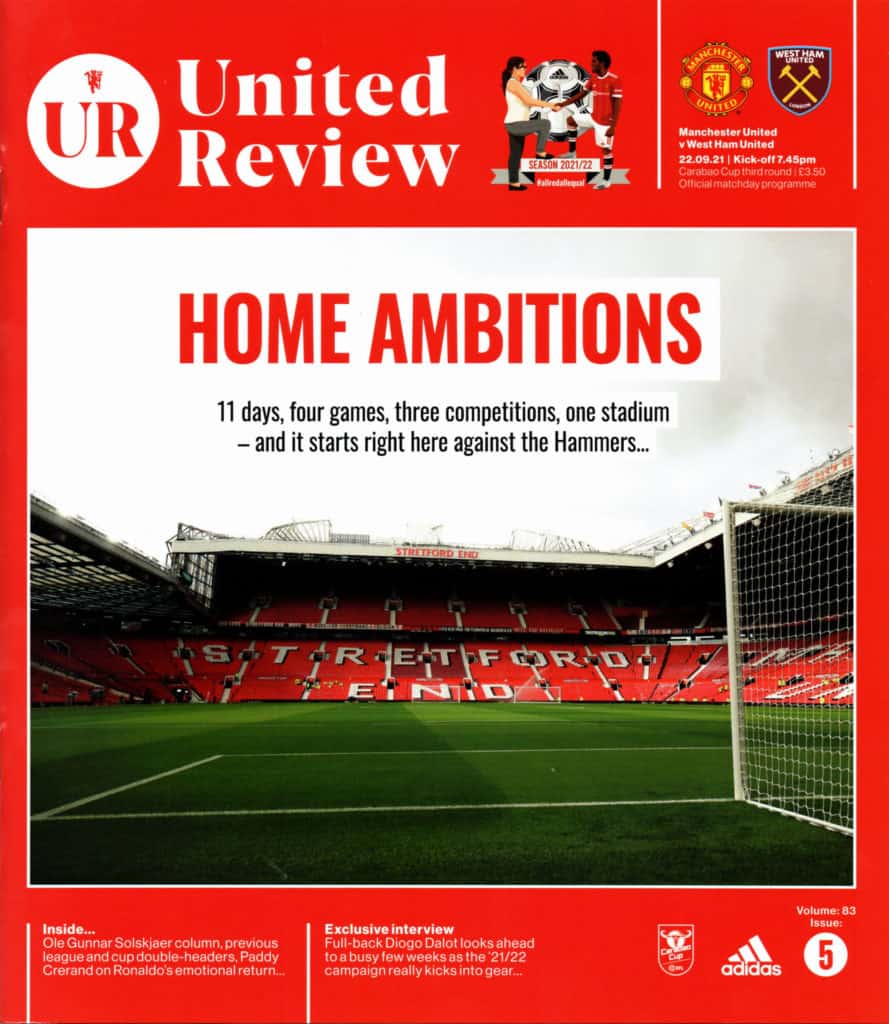Manchester United were chasing a hat-trick of Premier League titles in 1994-1995 but they were not setting the pace. It was Blackburn Rovers leading the way under the guidance of Kenny Dalglish. Having slipped up in their last fixture away at Everton, Alex Ferguson’s Red Devils couldn’t afford anymore dropped points when they hosted second bottom-club Ipswich Town in March 1995.
Ipswich had caused problems for United already in the season, having shocked them 3-2 in the reverse fixture at Portman Road in September. Despite defeating Southampton, a week earlier, George Burley’s team looked destined for relegation and nothing they did here would change that particular opinion.
The Tractor Boys held out for 15 minutes before United struck their first goal of the afternoon. Playing as an auxiliary right-back, Roy Keane’s precise shot on the edge of the penalty area beat visiting goalkeeper Craig Forrest with some help from the post. It was his third goal of the season.
Any hope of Ipswich repeating their two draws they’d achieved on their previous two Premier League trips to Old Trafford were effectively ended when Andy Cole doubled the home side’s lead four minutes later. Frank Yallop’s attempted pass was charged down by Ryan Giggs. The Welshman charged down the right-flank before picking out an unmarked Cole with few defenders around.
Cole had found goalscoring tricky in his early weeks as a Manchester United player. That was only his third goal in seven appearances but by the end of the day, that track record was to look much better. Eight minutes before half-time, he doubled his tally, cashing in on a rebound after Mark Hughes’ spectacular overhead kick had come off the crossbar. Cole took a nasty kick on the ankle from John Wark in scoring the goal but after some treatment, he recovered and wasn’t finished with Ipswich’s weary defenders.
It was 3-0 at half-time and it could have been more. Forrest had denied Keane with another strike from distance and Brian McClair’s bicycle attempt flashed wide. The goals continued to flow in the second half. Cole completed his first Red Devils hat-trick in the 53rd minute. Denis Irwin floated a clever cross into the six-yard box and Cole beat Yallop to the header to guide another effort past a bewildered Forrest.
Everytime the champions came forward, they looked capable of scoring and their opponents had no answer. Hughes got his name on the scoresheet, scoring twice in quick succession. Giggs once again tormented Ipswich’s defenders with his weaving run setting up his compatriot for his first goal at full stretch in the 55th minute. Four minutes later, Hughes’s second was an unchallenged header into an empty net after Forrest had smothered Giggs’ initial attempt.
All kinds of records were now under genuine threat with the power of Manchester United’s swift counter-attacks. Cole equalled Efan Ekoku’s feat of scoring four goals in one match 20 minutes into the second half, ramming home into an empty goal again after Forrest had made another decent save to deny McClair.
The Canadian hadn’t been at fault for any of the goals he’d conceded but he did provide a fault line to Manchester United’s eighth goal. Booked for handling outside his penalty area, he hadn’t recovered by the time Paul Ince chipped into the back of the net. Referee Graham Poll had allowed the free-kick by Hughes to be taken quickly and he simply rolled the ball to Ince to succeed at his target practice attempt. Despite vicious complaints from Ipswich players, the goal was allowed to stand.
Three minutes remained when Cole became the first player to score five goals in a Premier League match. Back-to-goal, he lashed home another effort past Forrest to complete the scoring of the most one-sided game seen in Premier League history.
It remains the joint-biggest-ever home victory and was only equalled as the biggest-ever Premier League win by Leicester’s similar 9-goal effort away at Southampton in October 2019. It wiped out Blackburn’s goal difference advantage but at the end of the season, Manchester United ended with no silverware to show for their efforts.
Unsurprisingly, Ipswich were relegated a month later and didn’t return to the top-flight for another five years.

